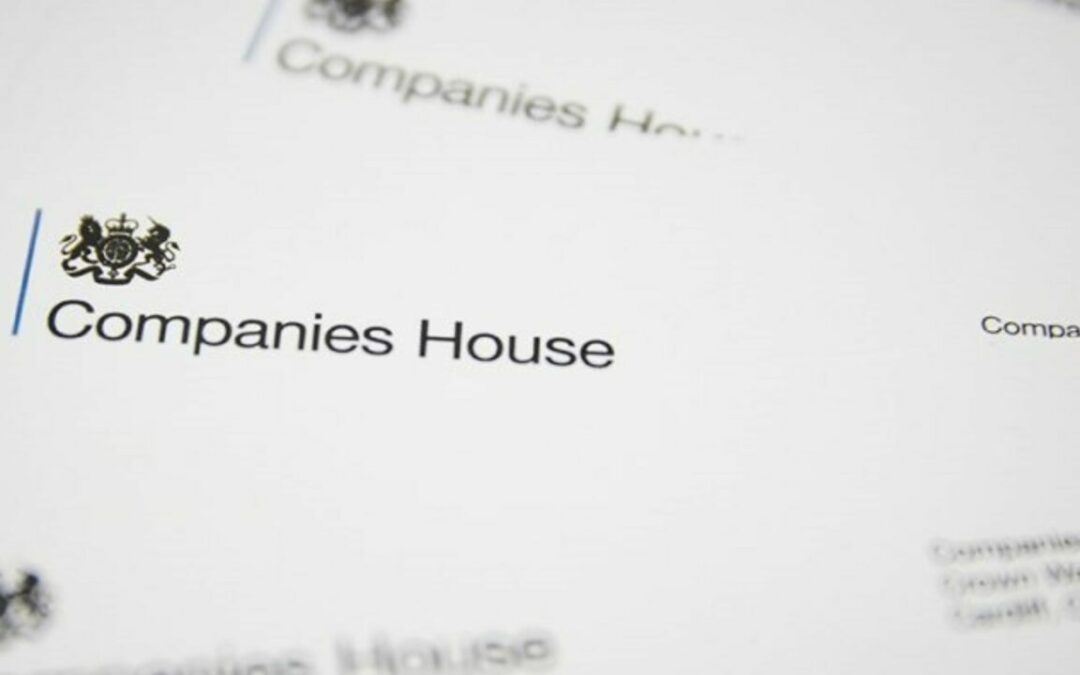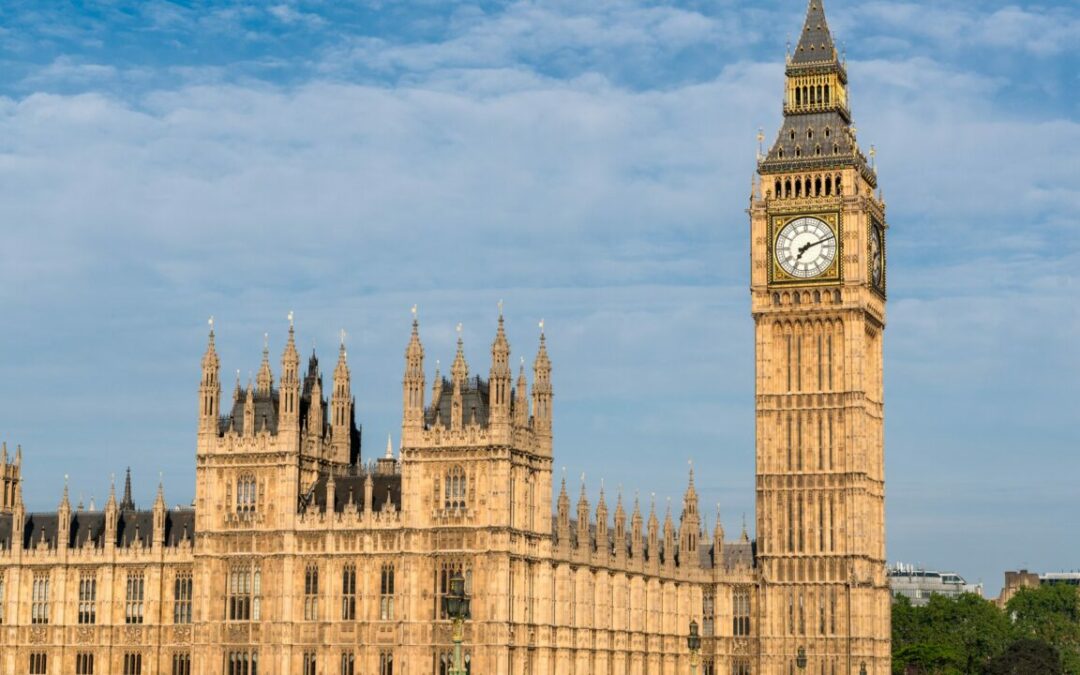If you’re required to submit a self-assessment tax return for the 2023 to 2024 tax year, it’s important to be prepared. HMRC requires registration by 5 October 2024, with your return due by 31 January 2025. Here’s what you need to know to stay compliant and avoid penalties.
- Do You Need to File?
It’s your responsibility to check if you need to file a Self-Assessment. You may need to file if:
- You’ve earned over £1,000 from self-employment
- You want to pay voluntary Class 2 National Insurance Contributions to protect your pension or benefits
- You’ve received untaxed income over £2,500
- You or your partner need to pay the High-Income Child Benefit Charge (income over £50,000)
HMRC’s online tool can help you determine if you need to file. Once registered, you’ll receive a Unique Taxpayer Reference (UTR).
- Filing and Payment Deadlines
The filing deadline is 31 January 2025, but you can file your return early. Filing early gives you time to budget for payment, which doesn’t need to be made until the same deadline. HMRC also offers a Budget Payment Plan to spread payments.
- Even If You Don’t Owe Tax
You might still need to file to claim refunds or tax relief, even if you owe no tax. This includes relief for business expenses, charitable donations, or pension contributions.
- Changing Circumstances? Tell HMRC
If your circumstances change (e.g., you stop self-employment or rent out property), update Whittaker and Co and we can inform HMRC for you.
- Selling Personal Items Online
Selling personal items like clothing or books online doesn’t mean you have to file a tax return unless it’s a regular business activity. Read HMRC’s online selling guide which explains when taxes apply.
Key Actions to Take
To ensure you’re fully prepared for the Self-Assessment process, make sure to:
- Register early: If you’re new to Self-Assessment, get registered by 5 October 2024 to avoid any issues. Once registered, you’ll receive your UTR.
- Keep accurate records: Keep records of income, expenses, and business activities thorough and up to date. If HMRC reviews your return, they may request supporting documentation, so it’s essential to have this ready.
- File early: Submit your tax return well before the 31 January 2025 deadline to give yourself peace of mind, also allow time to correct any mistakes and arrange payments. Filing early gives you the chance to claim refunds sooner.
- Avoid scams: Always be cautious of potential scams. Never share your HMRC login information with anyone and stay alert to suspicious messages. HMRC provides advice on how to avoid scams on their website.
If you think you do need a tax return please contact Whittaker and Co.
info@whittakerandco.com
+44 (0) 1686 610662
HMRC’s online tools can help you determine if you need to file.
Self Assessment tax returns: Overview – GOV.UK (www.gov.uk)
Check if you need to send a Self Assessment tax return – GOV.UK (www.gov.uk)
Check how to register for Self Assessment – GOV.UK (www.gov.uk)






